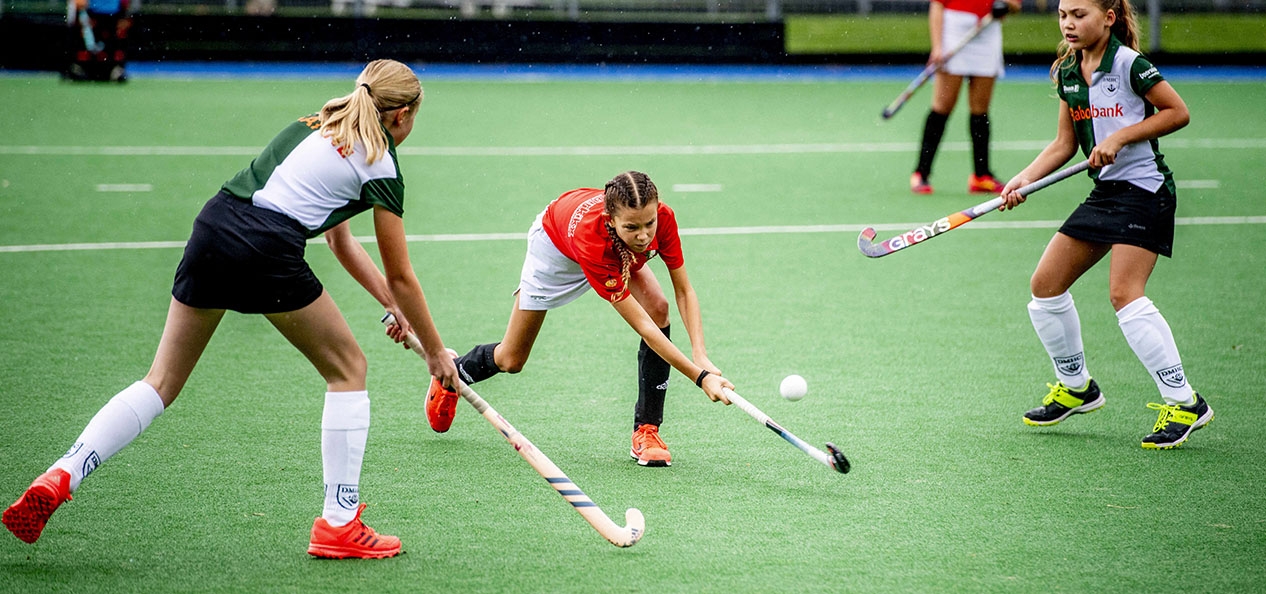The Power of Sports: Building Health, Character, and Community
Sports have long held a prominent place in human history, transcending cultures, borders, and generations. Whether played professionally, recreationally, or as part of school activities, sports remain one of the most powerful forces for promoting physical health, mental well-being, personal development, and social connection. From the grassroots level to the grand stages of the Olympics and World Cups, sports continue to inspire, unite, and empower individuals and communities around the world.
Physical Health and Well-Being
One of the most recognized benefits of participating in sports is improved physical health. Regular involvement in sports helps enhance cardiovascular health, increase muscular strength, improve flexibility, and support a healthy weight. For children and teenagers, sports encourage growth and physical development. For adults, it promotes fitness and reduces the risk of chronic illnesses such as diabetes, obesity, hypertension, and heart disease.
Moreover, participating in sports encourages a more active lifestyle, discouraging sedentary behavior. Whether it’s jogging in the park, joining a weekend soccer league, or swimming at the community center, sports provide a fun and engaging way to maintain physical activity.
Mental Health Benefits
Beyond physical fitness, sports have profound effects on mental health. Physical activity releases endorphins—often referred to as “feel-good hormones”—that naturally reduce stress and improve mood. Many studies have shown that individuals who regularly play sports or engage in physical activity report lower levels of depression and anxiety.
Sports also teach valuable coping mechanisms. Facing challenges during training or competition builds mental resilience, patience, and confidence. Being part of a team or community can help reduce feelings of isolation and loneliness, providing essential emotional support.
Character Building and Life Skills
Sports are an excellent platform for learning essential life skills. From teamwork and leadership to time management and discipline, athletes gain qualities that benefit them in every aspect of life. For instance, learning how to accept defeat gracefully and celebrate victory humbly instills emotional intelligence and maturity.
Children and young adults who play sports often perform better in school and are more likely to exhibit positive behavior. They learn to work towards goals, communicate effectively, and make decisions under pressure—skills that translate well into the academic and professional world.
Social Connection and Community Engagement
Sports have a unique ability to bring people together. Whether it’s cheering for a local team or playing with friends in a weekend tournament, sports build a sense of belonging and connection. Community sports leagues and school competitions provide opportunities for people from diverse backgrounds to interact and form friendships.
On a larger scale, sports events like the FIFA World Cup or the Olympic Games foster international unity and cultural exchange. Athletes become ambassadors of their countries, and fans experience a sense of pride and collective identity that transcends political or cultural differences.
Career Opportunities in Sports
The sports industry is a booming global sector, generating billions of dollars annually and creating diverse job opportunities. Beyond being an athlete, careers in coaching, sports medicine, event management, marketing, journalism, and sports psychology offer exciting avenues for those passionate about the field.
In addition, the rise of digital platforms, e-sports, and sports analytics has introduced new career paths. Social media has also become a powerful tool for athletes and brands, further expanding the commercial and creative dimensions of sports.
The Rise of Women in Sports
In recent years, there has been significant progress in promoting gender equality in sports. Female athletes are now breaking records, gaining sponsorships, and receiving media attention like never before. From tennis and athletics to football and combat sports, women are not only participating but also excelling on the global stage.
Despite this progress, challenges like unequal pay, limited access to resources, and underrepresentation in leadership roles still persist. However, ongoing advocacy, increased visibility, and supportive policies are gradually leveling the playing field.
The Impact of Technology on Sports
Technology has revolutionized how sports are played, viewed, and analyzed. From video replays and performance tracking to virtual reality training and wearable fitness devices, technology enhances both athlete performance and fan engagement. Sports apps, live streaming, and instant highlights have brought global audiences closer to the action, making sports more accessible than ever.
Artificial intelligence and data analytics also help coaches make informed decisions, optimize strategies, and prevent injuries. These advancements are transforming sports into a more scientific, precise, and high-performing field.
Sports and Education
Incorporating sports into educational systems provides students with a well-rounded learning experience. Physical education fosters healthy habits, encourages team spirit, and promotes discipline. Many educational institutions offer scholarships for athletic excellence, providing students with access to higher education and future opportunities.
Moreover, student-athletes often demonstrate higher levels of focus, determination, and academic achievement. The balance between academics and athletics teaches them valuable lessons in time management and responsibility.
Conclusion
Sports are much more than games—they are powerful tools for personal growth, health, community building, and cultural exchange. Whether played for competition or recreation, sports inspire people to push boundaries, support one another, and strive for excellence. In an increasingly fast-paced and digitally driven world, sports provide a refreshing reminder of the human spirit’s strength, determination, and ability to connect.












Post Comment